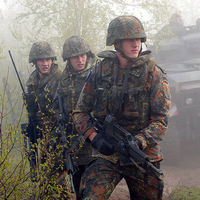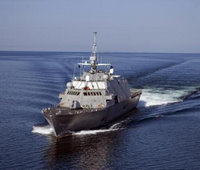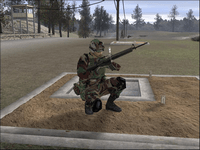
More so than that of other countries, the foreign policy pursued by the Federal Republic of Germany displays deep historical fractures and discontinuities. This reflects the country’s profound identity crisis in the aftermath of the twin disasters of National Socialism and the Second World War. The failure of German hegemonism and power politics after 1870-71, culminating in the unique crimes of the National Socialist dictatorship, underscored the country’s need for a radical break with its old nationalist and militaristic past, and resulted in a renunciation of traditional power politics. Key features of German foreign policy since 1945 include a culture […]







